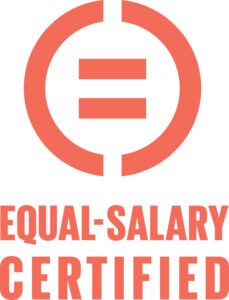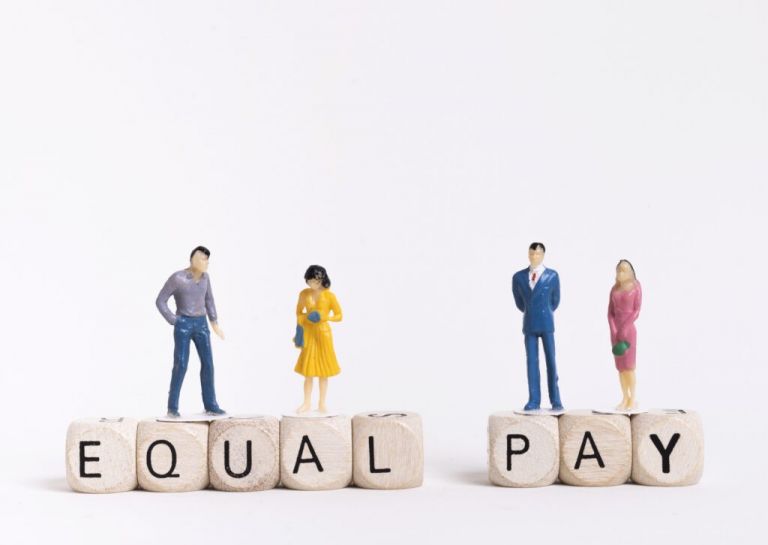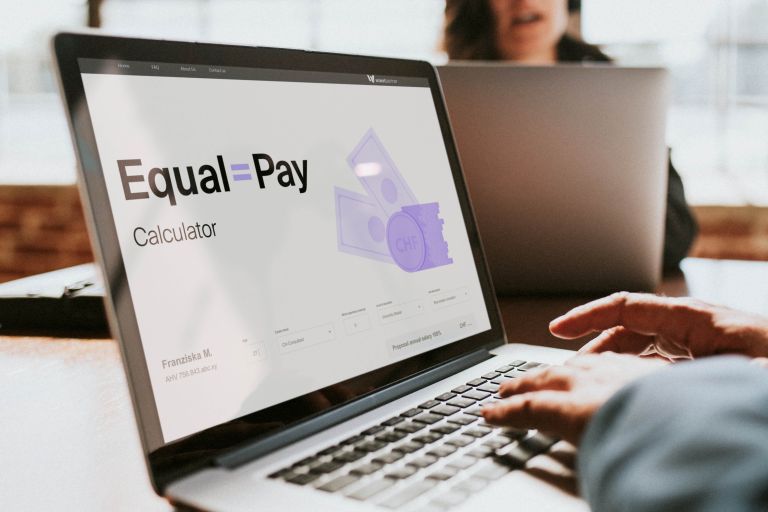HERE IS HOW UBS PAYS BY THE RULES
Whether we’re talking big-picture total compensation or individual components like salary or variable incentive, all of us want to feel confident that we’re being paid fairly for our work and that the process is clear and transparent. An independent examination of UBS’ pay practices by a global auditor found that our employees’ minds can be put at ease.
After raking over our HR policies and practices along with salary and variable incentive data for all Swiss employees in the Spring of 2020, the independent assessor examined all of the HR practices and compensation data in our UK, US, Hong Kong and Singapore locations before the end of the year. To prepare for a seamless audit process around the world, the Swiss team shared lessons learned with their global colleagues. One of the most important aspects highlighted included securing senior management buy-in with regards to positioning the initiative in the region, as well as demonstrating their commitment to the topic. As HR Business Partners are the interface to senior management, ensuring they are brought on board from the beginning was highly recommended, as was the establishment of a joint project team including all key areas (Reward, Recruiting, and Talent Specialists plus HR Business Partners as well as Diversity, Equity and Inclusion Specialists).
When all the research was tallied, the findings confirmed that statistical wage differences between female and male employees in each of the locations they examined were very low, and well within the EQUAL-SALARY Foundation’s parameters for certification. The findings support those of a separate wage analysis commissioned across the whole of the firm, which found that the unexplained differential in salaries for men and women was less than one percent.
Senior leader sponsorship for undertaking Equal Salary assessment is vital:
“We take pay equity incredibly seriously, and we’ve put numerous safeguards in place across our performance management and reward processes to make sure we’re meeting high standards of accountability.”
GETTING CERTIFIED WAS AN EXTENSIVE, MULTIFACETED PROCESS
In fact, it considered far more than simply the base pay as might be suggested by the foundation’s name. The auditors we invited in started by looking for discrepancies, specifically in how we conduct our compensation-related activities and how male and female employees in similar roles, locations, business areas and functions were rewarded both in terms of salary and variable incentive. To do this, the auditor first completed a statistical pay analysis by individual, where it was found that there was no meaningful gap. Next our HR policies and practices in each location, evaluating compensation, development and promotion decisions across the employee lifecycle, from hiring through to retirement were examined.
They then surveyed or interviewed a selection of employees, managers and HR specialists in each location on a broad range of related topics including their understanding and perception of equal pay practices, the communications on equal-opportunities and procedures around HR practices. We learned that planning for on-site visits and determining the timing for the kick-off of the project start date is crucial due to the extensive process, the standard timeline that must be adhered to and the timing of the subsequent monitoring audits. In the end, the results confirmed that fair pay principles are fully embedded in all our compensation activities, with structured processes and accountability from HR and management checks, as well as regular internal reviews.
WHY IT MATTERS
Pay equity and equal opportunity are both critical to our success – in fact, the firm can’t thrive without them. That’s why factors like an employee’s gender, ethnicity, part-time status or a recently taken leave of absence shouldn’t affect compensation, promotion or development opportunities.
“We want to be a world-class employer where employees can unlock their full potential. And diversity, equal opportunity and fair pay practices are key ingredients to this. Our EQUAL-SALARY certifications in Switzerland, Hong Kong, Singapore, the UK and the USA represent more than two-thirds of our employees and demonstrate a real commitment to fair pay across the firm.”
UBS’ commitment to pay fairness is further demonstrated by the successful completion of the equal pay analysis in Switzerland as required by the newly introduced Swiss Federal Act on Gender Equality in 2020. The analysis found that our statistical wage difference in Switzerland is 0.6% and thus significantly below the 5% regulatory requirement and standards. This achievement also reflects our ongoing efforts to address any unexplained pay gaps as we uncover them.
Learn more about Inclusion & Diversity at UBS by clicking the button below
read more
Further information about the Swiss Foundation EQUAL- SALARY can be explored here:
equal salary
Katrin Troxler kindly offered her availability for an exchange to interested Advance member companies. Feel free to contact her at kathrin.troxler@ubs.com.
















